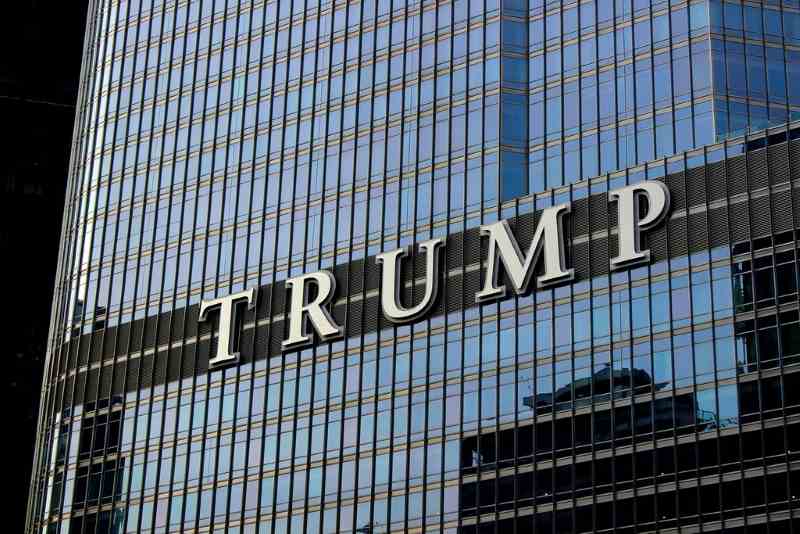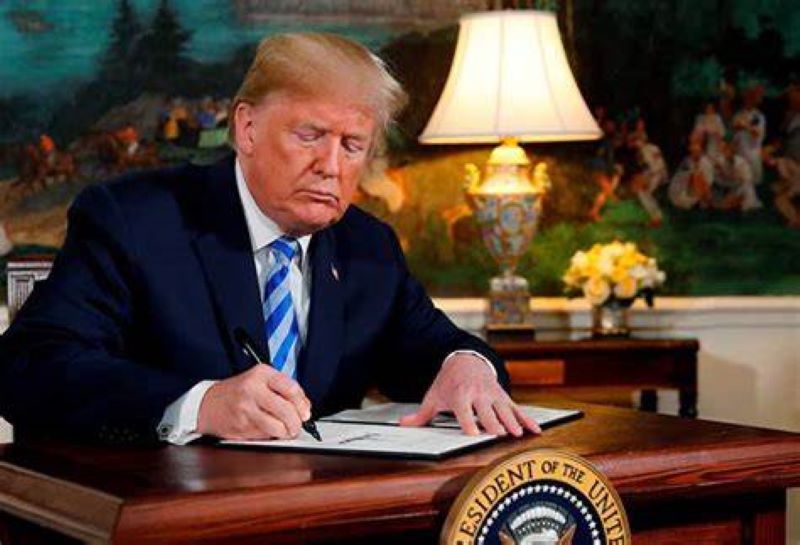Politics
Trump’s Radical Shift in Foreign Diplomacy
Shift in Foreign Diplomacy: Before President Donald Trump’s second term, European officials believed they understood his approach to foreign diplomacy. They had labeled him as transactional, driven by favorable deals. Many claimed to know how to engage with him based on previous experiences. However, Trump’s strategy in 2025 has shown to be markedly different from his first term, catching many by surprise.
A Drastic Change in Diplomatic Strategy
Trump’s second-term foreign policy represents a stark departure from past practices. An Arab diplomat in Washington shared that negotiating with Russia has become easier than engaging with the current U.S. administration. The White House has taken full control of global affairs, sidelining seasoned diplomats, and implementing policies on issues such as Russia, climate change, foreign aid, and international trade. This shift has left State Department officials struggling to keep up with the new direction.
European Allies Feel the Disconnect
European, Middle Eastern, and African ministries, long supportive of the U.S. and its global alliances, are feeling the strain of these changes. Camille Grand, former senior NATO official, called the situation “alarming and unprofessional,” highlighting the abruptness of the shift. Civil servants are now terrified and unable to articulate U.S. policies due to limited access to top officials.
Diplomatic Confusion and Communication Breakdown
Despite claims from a senior U.S. official that the State Department continues to operate as usual, confusion persists. Diplomats worldwide struggle to navigate Washington’s shifting priorities, leading to a breakdown in effective communication. In one European city, a diplomat revealed that discussions with Washington have been entirely absent since Trump’s inauguration.
Global Power Shifts as U.S. Diplomacy Retreats
As the U.S. retreats, other nations are stepping up to fill the void. In Turkey, NATO ally relations are now managed by the Netherlands, while a senior European diplomat noted the challenge in finding counterparts due to vacant positions and concerns over job security within the State Department.
Dramatic Policy Shifts Under Trump
The speed of these changes has stunned world leaders, particularly with Trump’s move to streamline and cut funding in areas such as climate diplomacy, human rights, and refugee issues—sectors at odds with his “America First” agenda. The Heritage Foundation’s Project 2025 blueprint also called for a major reduction in State Department staff, a recommendation that has been partially implemented.

Trump Administration Takes Cautious Step Back into Real Estate Sector
The Trump administration reentered the real estate market on Friday, marking a cautious shift after abandoning a more ambitious…
Erosion of Trust and Soft Power Decline
Communication with U.S. counterparts has worsened, particularly in climate diplomacy. Embassy staff have reduced attendance at cultural events. Trust has eroded among foreign ministers, especially regarding Gaza and Israel. Sensitive issues now cause concern within G-7 settings.
Foreign Aid Cuts and Diplomatic Consequences
Trump’s decision to freeze foreign aid and cut USAID contracts in Africa has severed long-standing relationships. The ambassador to South Africa, Ebrahim Rasool, was declared ‘persona non grata’ after criticizing the administration for its lack of engagement.
Intelligence-Sharing Challenges for Allies
Traditional U.S. allies are now questioning their intelligence-sharing arrangements with Washington, although the deeply integrated nature of these relationships makes it difficult for them to sever ties.
A Diplomatic Crisis in Action
These changes have made international headlines, with U.S. Secretary of State Marco Rubio canceling a meeting with EU foreign policy chief Kaja Kallas due to “scheduling issues,” despite her already arriving in Washington and publicly announcing the meeting. This incident reflects the growing uncertainty surrounding U.S. foreign policy and its diplomatic relationships globally.


